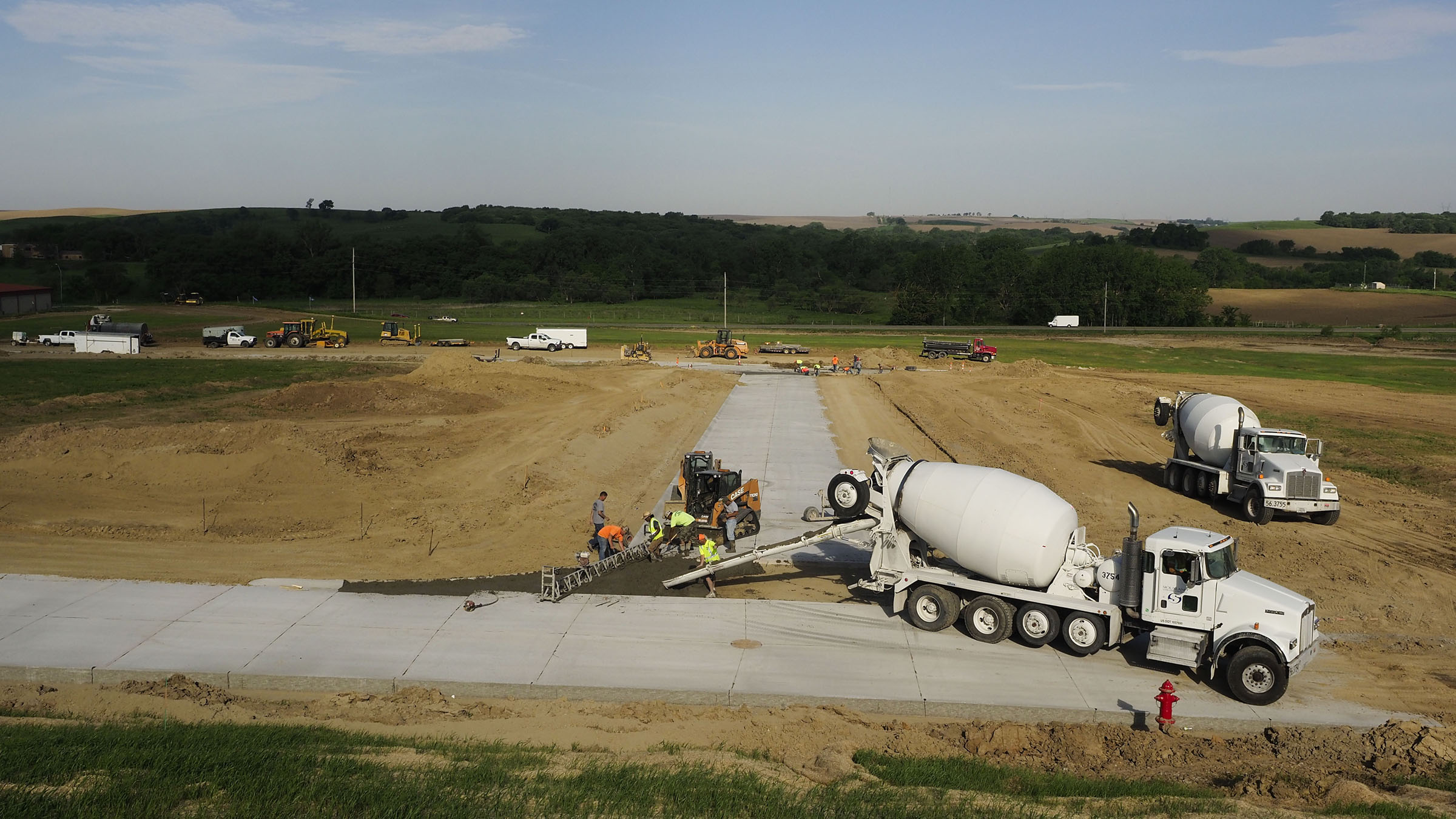This was a wonderful experience for an exchange of how funders begin to understand the Indigenous perspective.
— TCU Early Childhood Education Project Director
I’m a scientist, so I speak in terms of ecosystems. Seeing the projects as catalysts for purveyors of community-based knowledge to influence the education of our children…I wonder how we can influence the structural barriers that are preventing the creative solutions we have in our communities from getting the investment they deserve.
— Participant in ECE Funders Workshop
On May 15, 2019, the American Indian College Fund joined the Center for Indian Country Development to host a Native American Early Childhood Education Funders Workshop (ECE Funders Workshop) at the Federal Reserve Bank of Minneapolis in Minneapolis, Minnesota. Our vision for this unique convening of foundations, donors, and influencers was to transform Native early childhood education by engaging funders with scholars, practitioners, and tribal colleges and universities and visualizing the possibilities from within Native communities.

Since 2011, the American Indian College Fund, with support from the W. K. Kellogg Foundation and individual and foundation donors, has invested more than nine million dollars in developing and strengthening early childhood education in Native communities. Eight years of building collaborative systems, working with children and families, and training teachers have yielded great success and lessons learned. (See American Indian College Fund, 2018, “Tribal College and University Early Childhood Education Initiatives: Strengthening systems of care and learning with Native communities from birth to career.”)
The premise of this work are the principles of Strategic Cycles of Educational Transformation, as well as a theory of change focused on strengthening systems and structures. From vision, systems development, authentic assessment, reflection, and dissemination, we build culturally-aligned, community-based, high-quality early learning opportunities for Native children.
As we build the next stages of the work and envision greater impact in Native communities, the ECE Funders Workshop provided an opportunity to share the work of the American Indian College Fund with Tribal Colleges and Universities (TCU). We engaged TCUs with early childhood education programs employing the five domains of early learning:
- Strengthening early childhood teacher quality and instruction
- Strategic family and community engagement
- Documenting children’s developmental skills toward school readiness
- Integration of Native language and culture
- Creating successful pathways from pre-K to K-3 and beyond
The College Fund ultimately links the work of TCUs to the full educational trajectory – early learning to K-12 to post-secondary to career opportunities.
Through a series of panels and presentations, funders, researchers, community members, and institutions of higher education engaged in learning and dialogue to explore ways to expand collaboration and align work to achieve a more powerful impact on Native early childhood education.
The plenary session provided the national context for Native early childhood education. Rob Grunewald, of the Federal Reserve Bank of Minneapolis, shared an overview of the landscape of early childhood education and development in Native communities (“A Snapshot of Early Childhood Development in American Indian Communities”). Grunewald’s articulation of the big picture of Native ECE set the stage for presentations from two foundations investing heavily in transformative early childhood education opportunities: Andreas Hipple of Better Way Foundation (“Funding Early Childhood Development and Educational Sovereignty”), and Barb Fabre of Indigenous Visioning (“Understanding the Needs of Tribal Early Childhood in Indian Country”). Dr. Joshua Sparrow shared the Brazelton Touchpoints Center work with TCUs, describing their partnerships as being driven by tribes and Indigenous communities (“Coming Together to Build Strengths-Based Partnerships with Families, Providers, and Communities”).
The critical element to success, as described by all panelists, is community-driven work. This became the key theme for the entire day.

Five TCU early childhood project directors and the Southwestern Indian Polytechnic Institute shared their real work in Native communities within each of the five domains of early childhood education. These TCUs included:
- Salish Kootenai College, Pablo, Montana (Dr. Amy Burland, Project Director)
- Keweenaw Bay Ojibwa Community College, Baraga, Michigan (Cheryl LaRose, former Project Director)
- Northwest Indian College, Bellingham, Washington (Nahrin Aziz-Parsons, Project Director)
- Little Big Horn College, Crow Agency, Montana (Dr. Janine Pease, Project Director)
- Fond du Lac Tribal and Community College, Cloquet, Minnesota (Sara Montgomery, Project Director).
The final session of the day was a reflection and call to action led by national leaders in education and philanthropy:
- Dr. Frank Gettridge, formerly of the W. K. Kellogg Foundation
- Andreas Hipple, Better Way Foundation
- Dr. John Jackson, the Schott Foundation for Public Education
- Dr. Joe Graham, the Native American Agricultural Fund
Several important themes emerged from these presentations and discussions:
- More tribal voices and funders are needed in these key discussions about the transformation of early childhood education in Native communities.
- Education about Native communities is the key to sustainably meeting early childhood education needs.
- Foundations are essential champions of this critical work.
We have aspirational goals for Native children, families, and communities. We have a vision of healthy Native communities built on strong early learning and development systems that create the conditions for improved health and wellness, economic security, and successful educational and career trajectories for Native people. Our work starts with tribal colleges and universities — the intellectual centers of Native communities that grew out of the movement toward educational sovereignty for tribes.
We are at a critical juncture – the systems are built, communities are ready, current project sites are thriving. The challenge now is to expand the work to all TCUs, so that all Native children and families have strong educational opportunities starting at birth. What might be a small investment for a large school district or state is an ocean-sized impact on TCUs and Native communities.
The possibilities are endless for collaborative learning, funding, and creating a powerful impact on future generations of Native children and families. This is the call to action.





